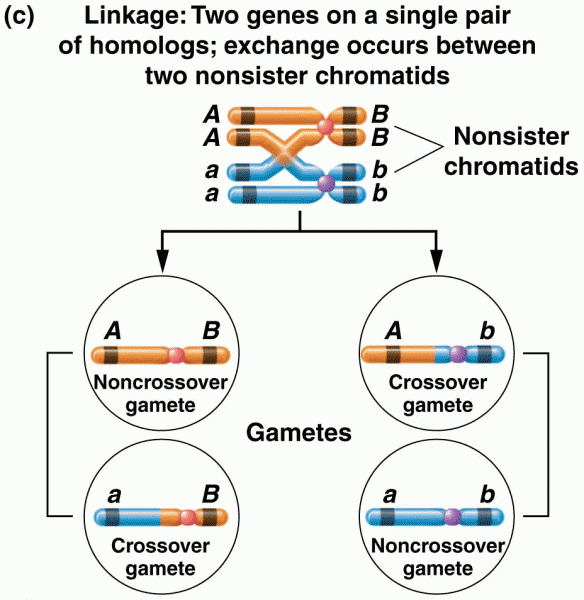|
|
|
The newest statin drug, rosuvastatin, has been called a superstatin because it appears to reduce LDL cholesterol to a greater degree than the other approved statin drugs.
Cyanide works by making the human body unable to use oxygen.
Looking at the sun may not only cause headache and distort your vision temporarily, but it can also cause permanent eye damage. Any exposure to sunlight adds to the cumulative effects of ultraviolet (UV) radiation on your eyes. UV exposure has been linked to eye disorders such as macular degeneration, solar retinitis, and corneal dystrophies.
Eat fiber! A diet high in fiber can help lower cholesterol levels by as much as 10%.
For pediatric patients, intravenous fluids are the most commonly cited products involved in medication errors that are reported to the USP.







